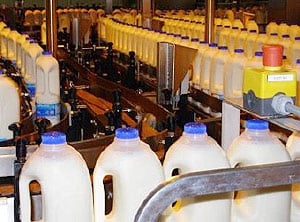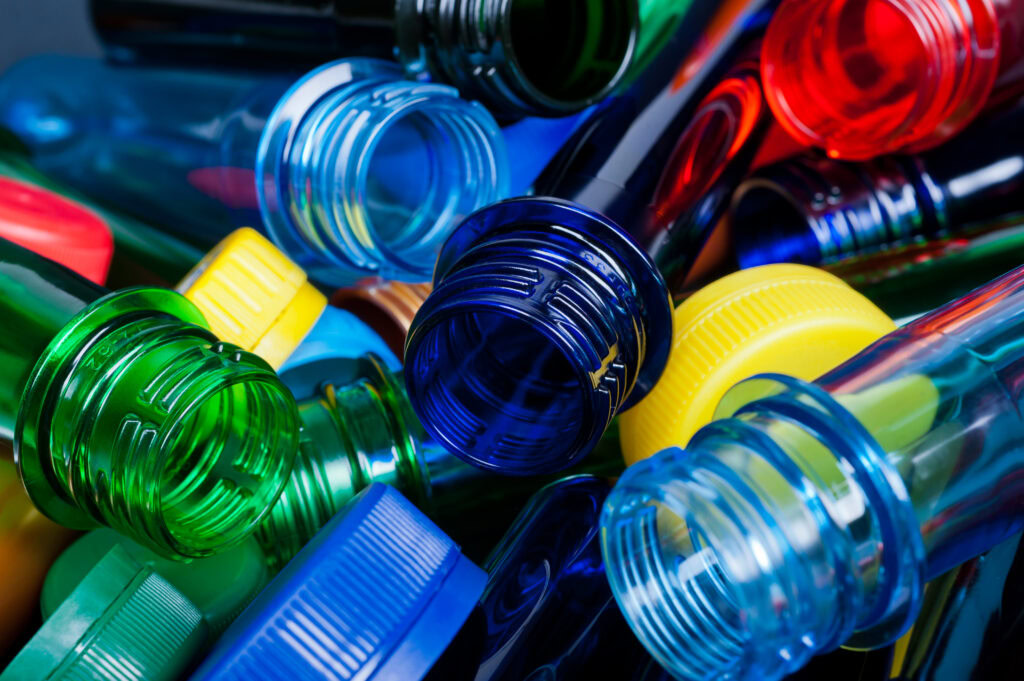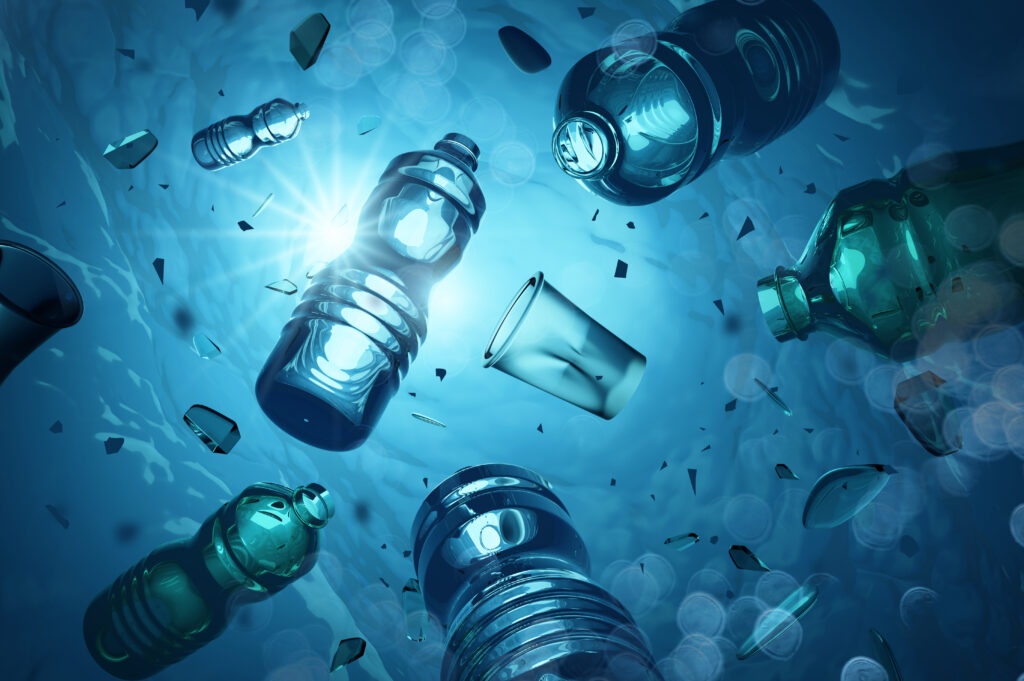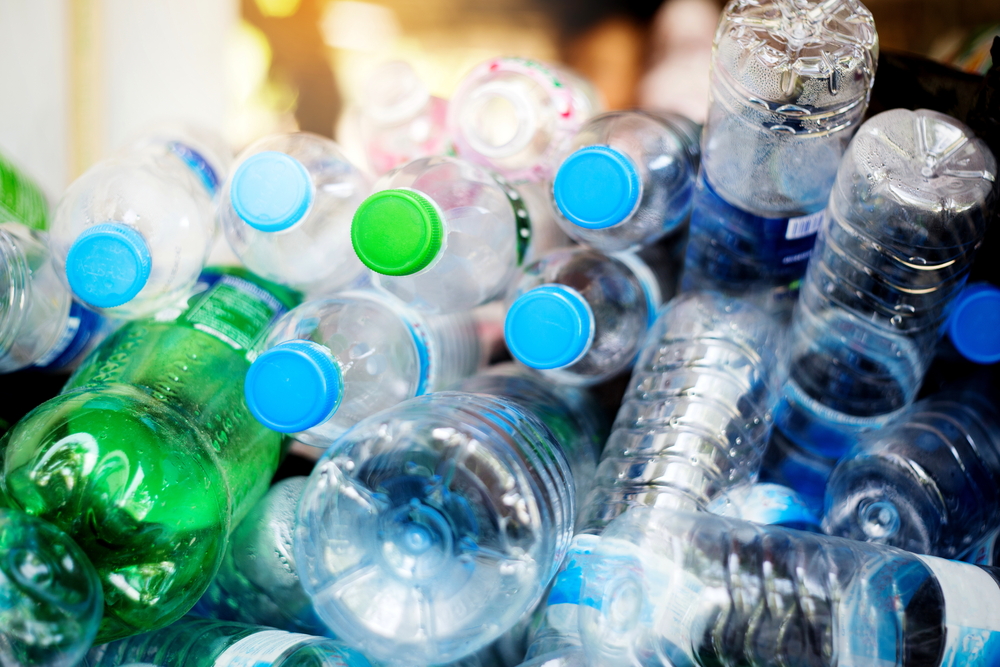The Waste and Resources Action Programme said the UK can adopt the world's best practice in plastic bottle milk packaging through using up to 30% recovered HDPE plastic in each bottle.
 More than 180,000 milk bottles were made with the recovered HDPE to be tested in the trial |
The recycled high density polyethylene (HDPE) performed “identically to virgin resin bottles”, the large-scale trial suggested.
WRAP, which is funded by government to develop markets for recycled materials, said the recovered HDPE bottles have now been extensively tested, passing all EU, UK and consumer tests.
Paul Davidson, WRAP plastics technology manager, said: “The milk bottles that the UK can produce as a result of this trial represent world’s best practice in plastic bottle milk packaging and will save significant amounts of energy and greenhouses gases, as well as making a major contribution to landfill reduction as the technology spreads through the milk bottling industry.
“With consumers positively endorsing the use of recycled content in food packaging, there is a major incentive for more producers to adopt the technology and we want to make the transition from virgin to recycled content milk bottles as smooth as possible by sharing best practice,” Mr Davidson added.
Trial
The trial was run by NexTek, involving partners including Dairy Crest, Nampak and Marks & Spencer.
Plastic bottles were sourced from Peterborough-based plastic bottle recyclers Recoup, and sent to the Sorepla Industrie SA plant in France for washing and grinding. The flaked plastic was then blow-moulded back into more than 180,000 new milk bottles at Buckinghamshire-based Nampak Plastics.
The project reported a 66% efficiency for the use of the original recovered material.
Bottles were then filled at Dairy Crest dairies, including at its Totnes, Chadwell Heath and Severnside sites, before tests were carried out both in the laboratory and in terms of milk bottles sold at Marks and Spencer stores.
| Related links: |
The independent Fraunhofer Institute tested the rHDPE assessing it against all EU UK regulations, and found it to “fully comply with all regulations and therefore safe for use in milk bottles”, the report stated.
WRAP has also recently received a 'non objection' notification for the process from the United States Food and Drug Administration, further reinforcing the international significance of the technology, it added.










Subscribe for free